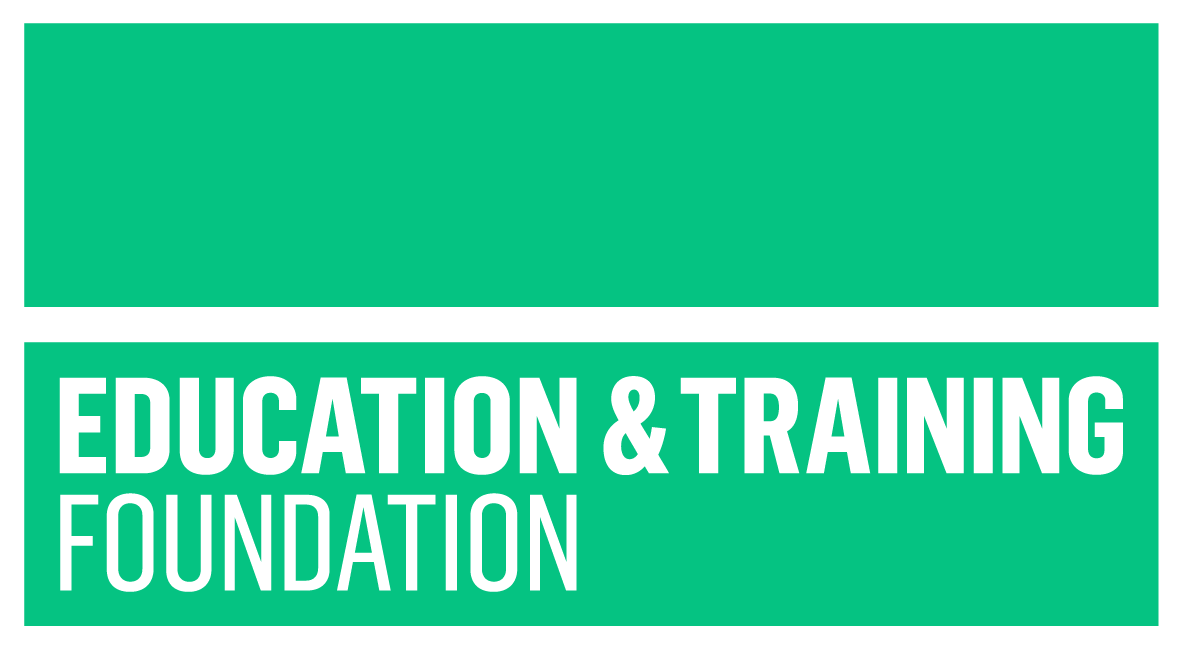In the first of a series of three blogs produced in partnership with the Association of Colleges (AoC) for the Education and Training Foundation’s (ETF’s) Mental Health and Wellbeing programme, East Coast College Chief Executive Stuart Rimmer reflects on how a whole-college, trauma-informed approach can empower change.
The nation remains in a state of perma-crisis with pressure and stress. In the 2022 Workplace Health Report, around a third of people reported moderate to high stress. The Mental Health Foundation says 74 per cent of adults felt overwhelmed and unable to cope in the last year. This situation is acute in public services and – arguably – is driving resulting personal crises in our staff. In some cases, this raises existential questions for leaders in FE about whether it is even possible to lead a college healthily under these conditions. What might our leadership response be?
In a recent Harvard Business Review David Rock considered the concept of ‘quiet quitting’ stating that “…in the face of persistent and inescapable stressors people often respond by giving up. When nothing is in your control, why even try?”

